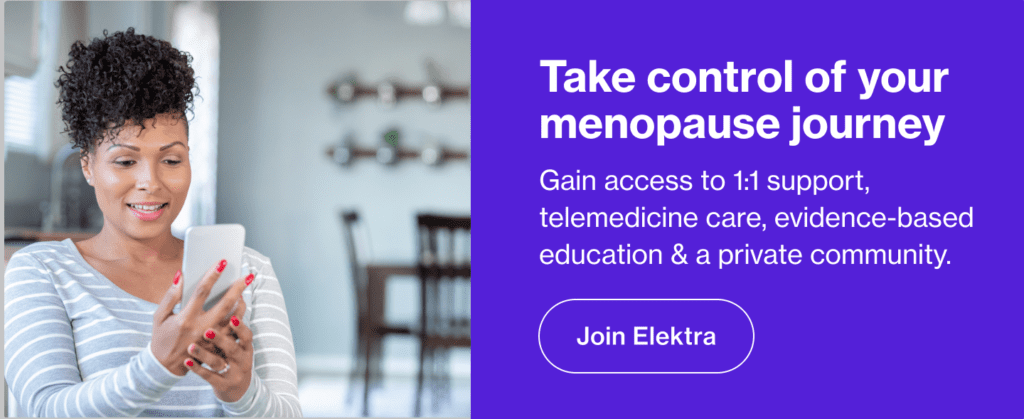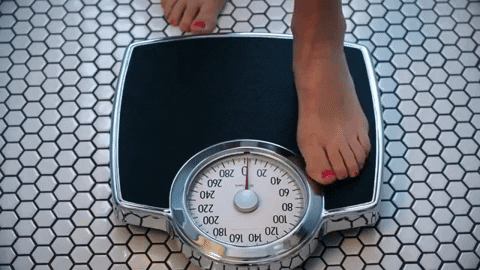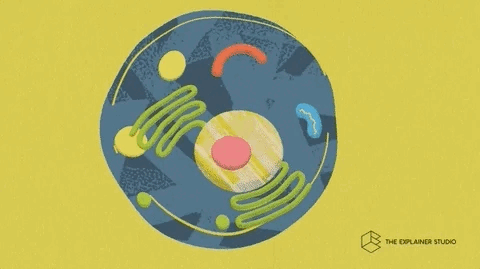Like most things related to menopause, hormone therapy (formerly known as hormone replacement therapy, or HRT) isn’t one size fits all. There are over 10 types, which can be broken down into categories based on origin, composition, type of manufacturing, and whether they affect the whole body or are active locally.
Below, Elektra’s Founding Nurse Practitioner, Jackie Giannelli, breaks down what you need to know about the safety of vaginal estrogen therapy.
First things first: what is vaginal estrogen?
Vaginal estrogen is a form of local HRT which, as the name suggests, acts on a specific part of the body. Topical hormones are applied directly to the vagina and, occasionally, the vulva or vestibule (entrance to the vagina) with a low-dose estrogen and occasionally also DHEA (a hormone produced naturally in the adrenal glands that’s converted by the body intro estrogen). It works by helping to maintain the structure and function of the vulvar and vaginal tissue as well as the vaginal microbiome.
What is vaginal estrogen used to treat?
Local vaginal estrogen application is an effective treatment for genitourinary syndrome of menopause (GSM), and has been shown time and time again to be beneficial for:
- Vaginal dryness
Or “vaginal atrophy” in science speak. - Pain during intercourse
For postmenopausal women. - Bladder health
By decreasing frequent urinary tract infections and urinary urgency.
Is vaginal estrogen safe?
Unlike systemic estrogen, which is absorbed throughout the body to treat things like hot flashes/night sweats, local options don’t carry the same risks since they’re designed to only be used vaginally. This is why vaginal estrogen estrogen is considered safe for most women.
What if I’m a breast cancer survivor or at a higher risk of breast cancer?
Vaginal estrogen is still considered safe for you — although, as with any medication, it’s recommended to seek personalized medical advice from your healthcare provider (oncologist and/or gynecologist). The same goes for cervical, ovarian, and endometrial cancer.
What if I’ve had a hysterectomy?
Women who have had hysterectomies are excellent candidates for vaginal estradiol, especially if they have had their ovaries removed as well. Estradiol helps to support the production of collagen and elastin in the walls of the vagina, which can be beneficial for structural support after a surgical procedure to remove the uterus.
READ MORE:
- Surgical Menopause Symptoms: What To Expect
- Navigating Life After Surgical Menopause: What To Know & How To Prepare
What if I’m on systemic hormone therapy?
If you’re on another form of hormone therapy, you can still use local estrogen to treat vaginal symptoms, especially if you’re on a very low dose of HRT.
What if I have a history of blood clots?
Since vaginal estradiol works locally, it does not raise blood levels of the hormones and, for this reason, is very safe to use in women with a history of blood clots (DVTs/PEs) or a history of a blood clotting disorder.
What are my options?
There are many, including vaginal estrogen creams, moisturizers, tablets, inserts, and suppositories:
- Vaginal tablets: Vagifem, Vuvafem, Yuvafem
- Vaginal inserts: Imvexxy
- Vaginal creams: Estrace, Premarin, Estradiol from Odela
- Vaginal rings: Estring
*Rings need to be replaced every three months. - Vaginal suppositories: Intrarosa



